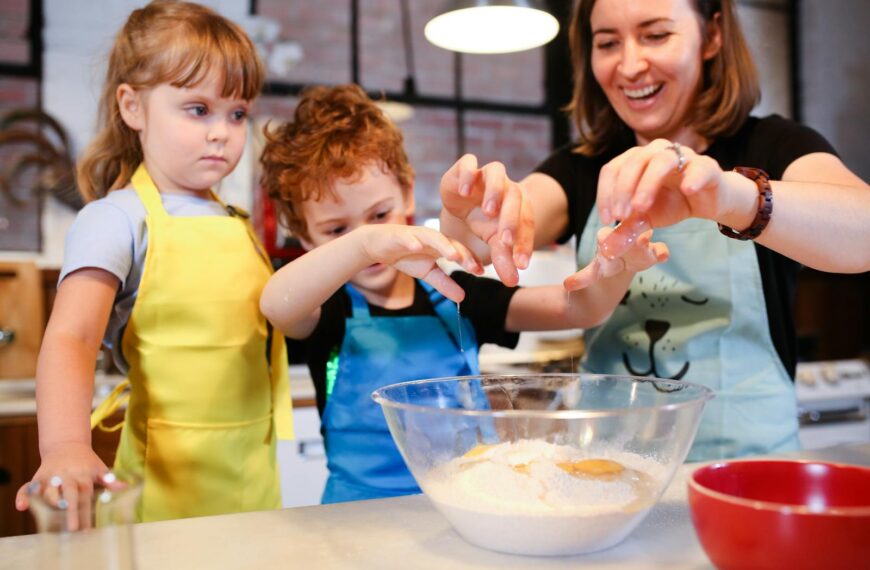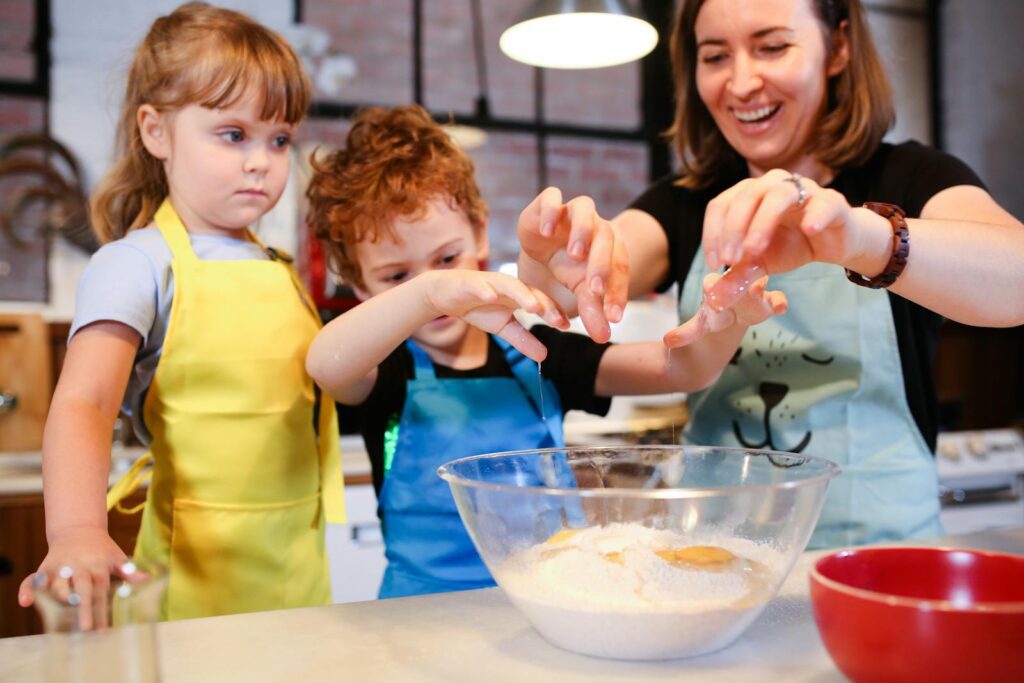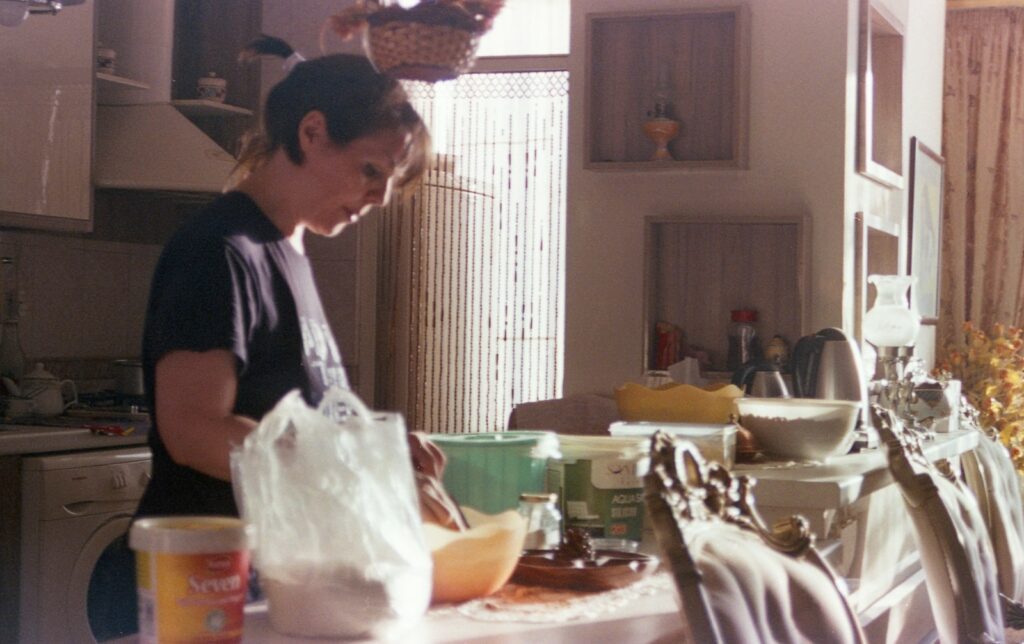You probably use your microwave every day, but have you ever thought about what you should avoid putting in it? Knowing what not to microwave can save you from potential hazards and keep your appliance in good shape. It’s important to be aware of certain items that can cause damage or create unsafe situations when heated.
From common kitchen items to certain types of food, there are a few surprises on the list. By steering clear of these 15 things, you can ensure that your microwave continues to function safely and effectively while you enjoy your favorite meals.
1. Aluminum Foil

You might think using aluminum foil in the microwave is convenient, but it’s a big no-no. When metal is microwaved, it can cause sparks and even lead to fires.
Foil blocks microwave energy, which can result in uneven heating of your food. Stick to microwave-safe containers instead. Your food will heat more evenly and safely.
2. Stainless Steel Travel Mugs

You might think it’s convenient to heat up liquids in a stainless steel travel mug, but that’s a no-go. Microwaving stainless steel can cause sparks, damage your mug, and even mess up your microwave.
Metal reflects microwaves instead of allowing them to pass through. This can interfere with the cooking process and lead to uneven heating.
Instead, stick to microwave-safe containers when warming your drinks. It’ll save you from a potential mess and keep your microwave safe.
3. Paper Bags

You might think that tossing a paper bag in the microwave is no big deal. However, it’s a safety risk you want to avoid. Paper bags can release toxins when heated and may even catch fire.
Unless you want a mess or worse, it’s best to transfer your food to a microwave-safe container before reheating. Stick to materials that are specifically designed for microwaving to keep your meals safe and easy.
4. Plastic Bags

Using plastic bags in the microwave is not a good idea. Some plastics can melt or deform when heated, which can be harmful.
You might think it’s fine to reheat takeout in its plastic bag, but it can release toxic chemicals. Always check if the plastic is labeled as microwave-safe.
If you’re unsure, it’s best to transfer your food to a microwave-safe container instead. Stay safe and keep your food free from unwanted chemicals.
5. Hard-Boiled Eggs

You might think it’s quick to microwave hard-boiled eggs, but it’s not a good idea. When heated, they can explode. This happens because steam builds up inside the egg, creating pressure.
Even if you cut them in half, there’s still a risk. Experts recommend avoiding the microwave for any whole or undisturbed egg, including yolks.
If you want to enjoy your hard-boiled eggs, it’s best to stick to traditional reheating methods.
6. Hot Peppers

Hot peppers can be tricky in the microwave. When heated, they release capsaicin, which is the substance that makes them spicy.
Microwaving them can cause pressure to build up, leading to explosions. The explosion can spray you with hot pepper oils, which might feel like a burn.
It’s best to avoid microwaving hot peppers altogether. Instead, consider cooking them on the stove to control the heat better.
7. Grapes

Grapes can look innocent, but putting them in the microwave is a big no. When heated, they might explode due to steam buildup inside.
This can create a messy situation, not to mention a fire hazard.
If you’re curious about the science, microwaving grapes can produce fascinating electromagnetic effects, but it’s not worth the risk in your kitchen. Enjoy your grapes fresh instead!
8. Styrofoam Containers

You might have some leftover takeout in a Styrofoam container, but think twice before microwaving it. Styrofoam can easily melt when heated.
When it melts, it may leach harmful chemicals into your food. This isn’t something you want in your meal.
Always check for a microwave-safe label if you’re unsure. It’s safer to transfer your food to a glass or ceramic dish before heating.
9. Metal Utensils

You should never put metal utensils in the microwave. Metal can cause sparks and might even start a fire. This happens because microwaves reflect off metal surfaces, which can damage your appliance.
Using metal utensils can also create hot spots in your food. These can lead to uneven cooking and spills. Stick to microwave-safe dishes to keep your meals safe and your microwave in good shape.













